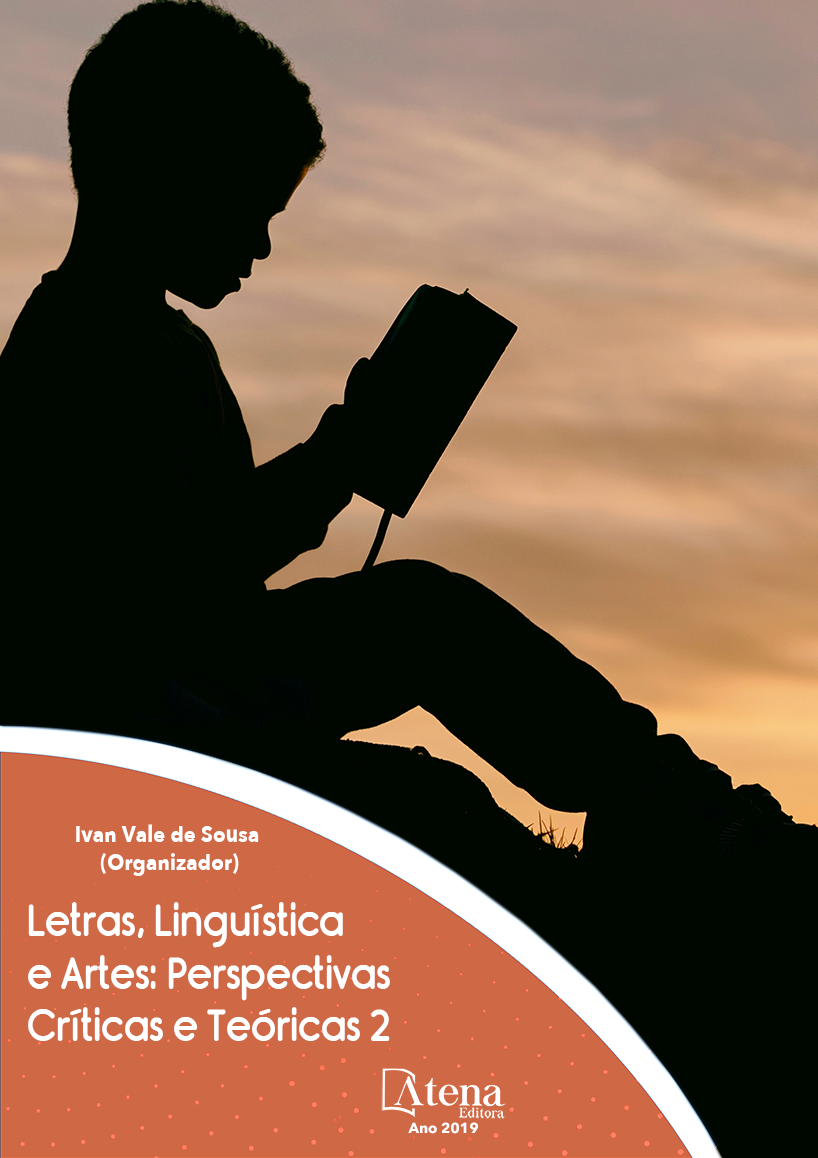
O ENSINO DE LÍNGUA ITALIANA PARA A TERCEIRA IDADE
Ensinar italiano para alunos da
terceira idade é um desafio para o professor
de língua estrangeira, principalmente quando
esse público é italodescendente. A partir de
resultados obtidos em estudos nas áreas
da sociolinguística, da dialetologia sobre
comunidades étnicas italianas bilíngues e
de contatos linguísticos, pôde-se perceber
a necessidade de se repensar o ensino de
italiano considerando-se a heterogeneidade
linguística e cultural. Beloni (2015), ao observar
um grupo da comunidade étnica italiana em
Cascavel, constata que os mais velhos buscam
a valorização e o reconhecimento da cultura de
seus pais e avós. Nesse contexto, o docente de
língua italiana standard precisa compreender
o que é o talian e entender a influência dessa
variedade linguística minoritária na cultura
cascavelense para que possa, assim, respeitar
e valorizar as raízes de seus alunos. Nesse
sentido, serão apresentados nesse trabalho
alguns resultados parciais das entrevistas
para a pesquisa de doutoramento sobre o
ensino de língua italiana em Cascavel, mais
especificamente, aqui, alguns depoimentos
de componentes do Projeto de Língua Italiana
para a Terceira Idade (Proliti), da Unioeste, de
Cascavel.
O ENSINO DE LÍNGUA ITALIANA PARA A TERCEIRA IDADE
-
DOI: 10.22533/at.ed.7811905069
-
Palavras-chave: Talian; Cascavel; Terceira Idade.
-
Keywords: Talian; Cascavel; Third Age.
-
Abstract:
Teaching Italian for seniors is a
challenge for the foreign language teacher,
especially when the audience is Italodescendant.
From the results obtained in studies
in the areas of sociolinguistics, dialectology
on bilingual Italian ethnic communities, and
linguistic contacts, it was possible to realize the
need to rethink the teaching of Italian, taking into
account linguistic and cultural heterogeneity.
Beloni (2015), by observing a group of the
Italian ethnic community in Cascavel, found
out that the elders seek the appreciation and
recognition of their parents and grandparents’
culture. In this context, the standard Italian
language teacher needs to understand what
talian is and the influence of this minority
linguistic variety in Cascavel’s culture, so that
they can, thus, respect and value the roots of
their students. In this regard, in this paper, some
partial results of the interviews for the doctoral
research on the teaching of Italian in Cascavel,
more specifically, some members’ testimonials
of the Italian Language Project for the Third
Age (Proliti), at Unioeste, in Cascavel, will be
presented.
-
Número de páginas: 15
- Wânia Cristiane Beloni


